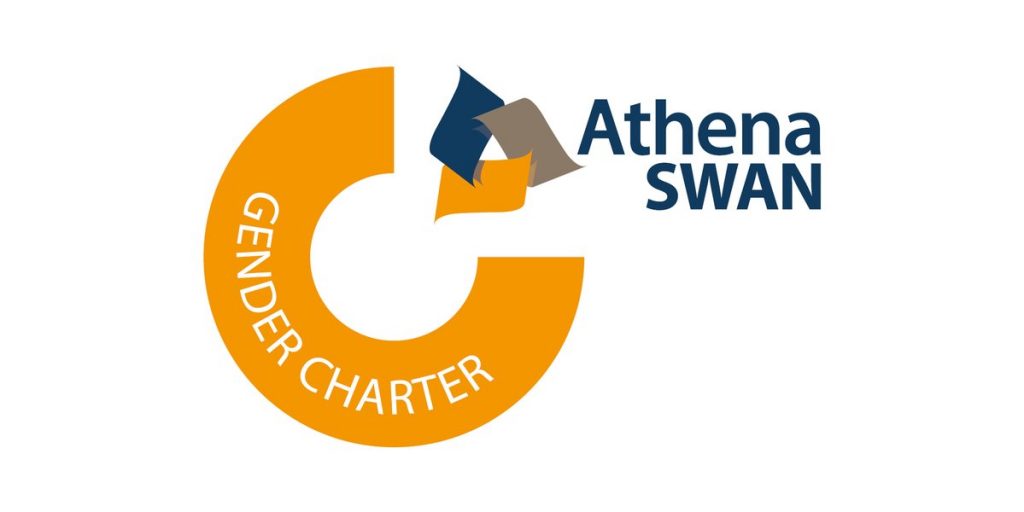Last week, Advance HE published the outcome of the recent independent review of the Athena SWAN Charter. The full review and links to the appendices can be accessed here.
Key points and reflections from the Athena SWAN team
The following points are recommendations only. Advance HE welcomed and are currently reviewing them, but they may not be implemented.
General:
- Recommendations are more wide ranging than expected
- In common with the Race Equality Charter, there is a requirement for a named institutional lead for EDI activity and clear governance structures
- More about supporting progress against action plan and not judging impact through data
- Room to include narrative on lessons learned where actions have not worked and on issues arising beyond the action plan
- More focus on culture and leadership
- Expectation that work on Athena SWAN is recognised (e.g. via promotion/workload allocation)
Applications:
- Move to six deadlines for applications per year
- Cognate departments to be allowed make joint applications
- Applicants seeking a Silver award for the first time must currently hold a Bronze award
- To reflect gender as a spectrum, rather than focusing on the binary definition of men and women, and the intersectionality of gender with other protected characteristics
- Departmental applicants are required to consider departmental culture in their application and to include the data from a standardised sector-wide culture survey conducted amongst their constituents
Awards:
- Awards are held for a maximum of five years, commencing from the date of the award letter, not the date of the application. Existing awards are extended to five years from the date of the award letter with immediate effect.
- Implications
- New applications:
- Changing from 4 years from application date to 5 years from award means getting extra 14 months (assuming you hear the award result within 2 months in the new process)
- Originally it was 3 years from award so an additional 2 years has been added since it first began
- Existing applications
- If recommendation is supported, validity of existing awards will be extended to 5 years from award rather than 4 years from application – an extra 18 months. Our earliest expiries are November 2021, this would move to April 2023
- New applications:
- Implications
Making the process easier:
- The level of support provided by Advance HE to applicants is increased
- Advance HE and JISC will create an on-line data resource, enabling institutions to download, cut and analyse EDI data (with the exception of data on applications for jobs and promotion, which will need to be provided locally)
- There is a move to an on-line application process
Panels:
- Current panels are replaced by panels of experts with significant experience of EDI as an academic or an EDI professional drawn from a collected pool of approved members. Panels will be gender-balanced and include five members, three of whom should be academic for institutional and departmental awards, and an appointed chair who is or has been at pro-vice chancellor (PVC) level or holds a lead EDI role in their institution. Panels reviewing STEMM-based applications include at least one STEMM expert, while those reviewing AHSSB-based applications will have one expert from these disciplines. All panels include at least one member who is experienced in the use of statistics.
- Panels align more with the panel approach used by Research Councils
- Panel members will receive an honorarium
Results:
- Proposed eight week turnaround from submission, with results issued 5 days and feedback within 15 days
- New outcome whereby an award will be given subject to minor revisions
Professional Services Departments:
- PSDs will be able to apply for an award in their own right or as joint departments
- New criteria for assessing promotion and progression specifically for Professional Services
And finally…
- Athena SWAN to be rebranded to Athena Swan
Reflections/questions arising:
- Timescales for implementation present a phased approach with different timings for different recommendations e.g. revised documentation (May 2020), on-line application (Nov 2020), on-line data resource (Jan 2021). However, it is not clear whether:
- the timelines are start or end dates
- when the new application forms (including standardised data forms) will be ready
- when the new process will take effect or how long the existing applications can be used
- It is not clear whether the data requirements by gender will still be male/female or whether they will include other identities
- If the validity of existing awards are extended to five years, is there an expectation that the action plans will be updated to reflect the additional time? In an upgrade application, should the original four year application be used or a new updated five year one?
- Why no proposal for standardised Action Plan especially as i) the quality and format of the action plan has always been an issue in panel feedback and ii) the new process for both renewals and upgrades relies heavily on Action Plans

